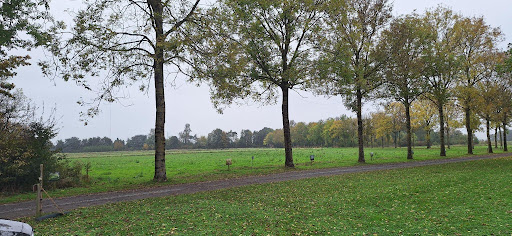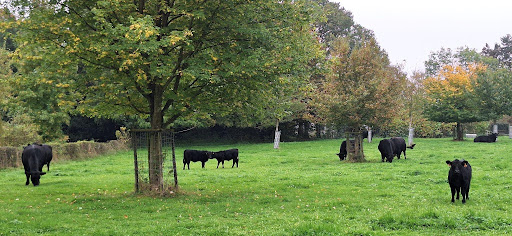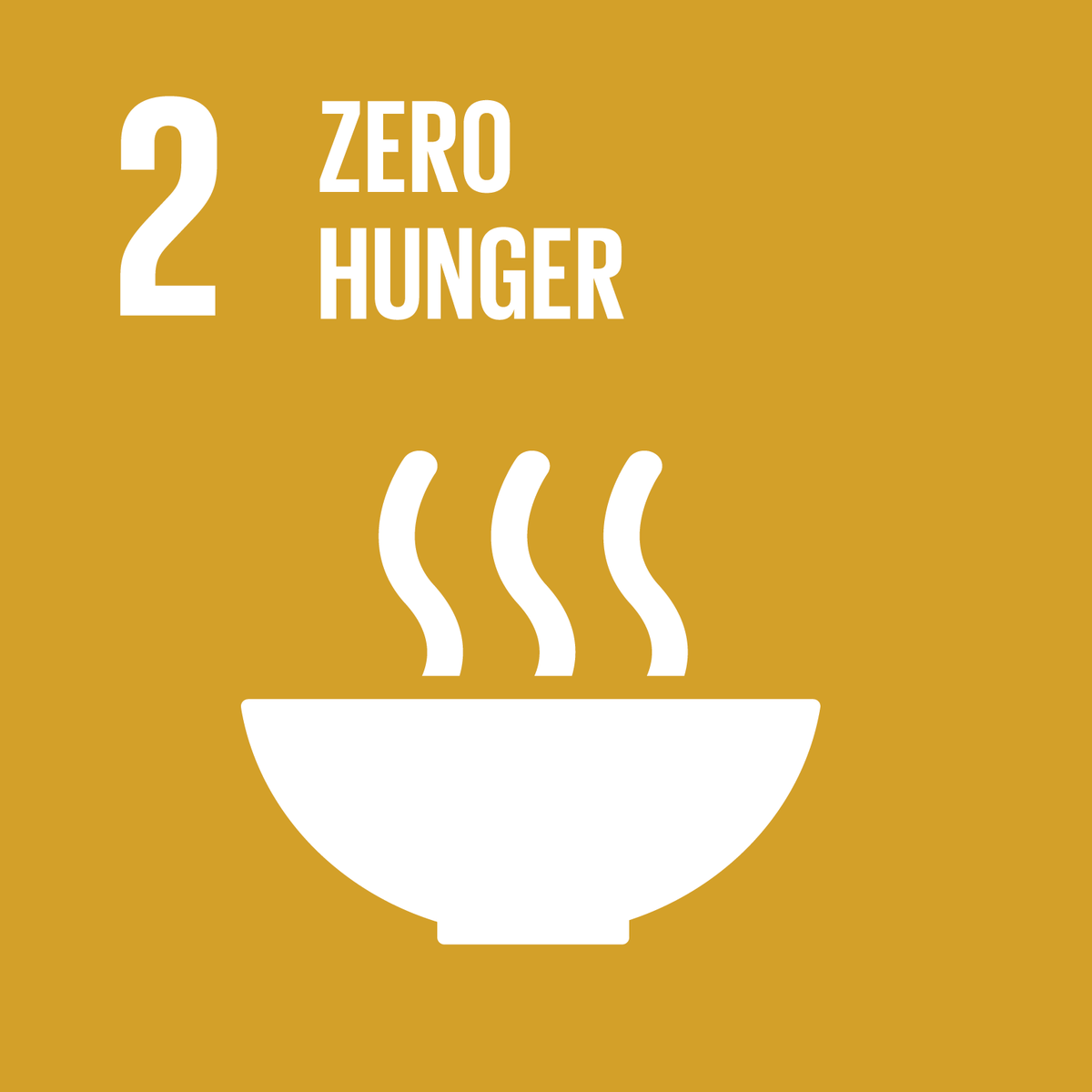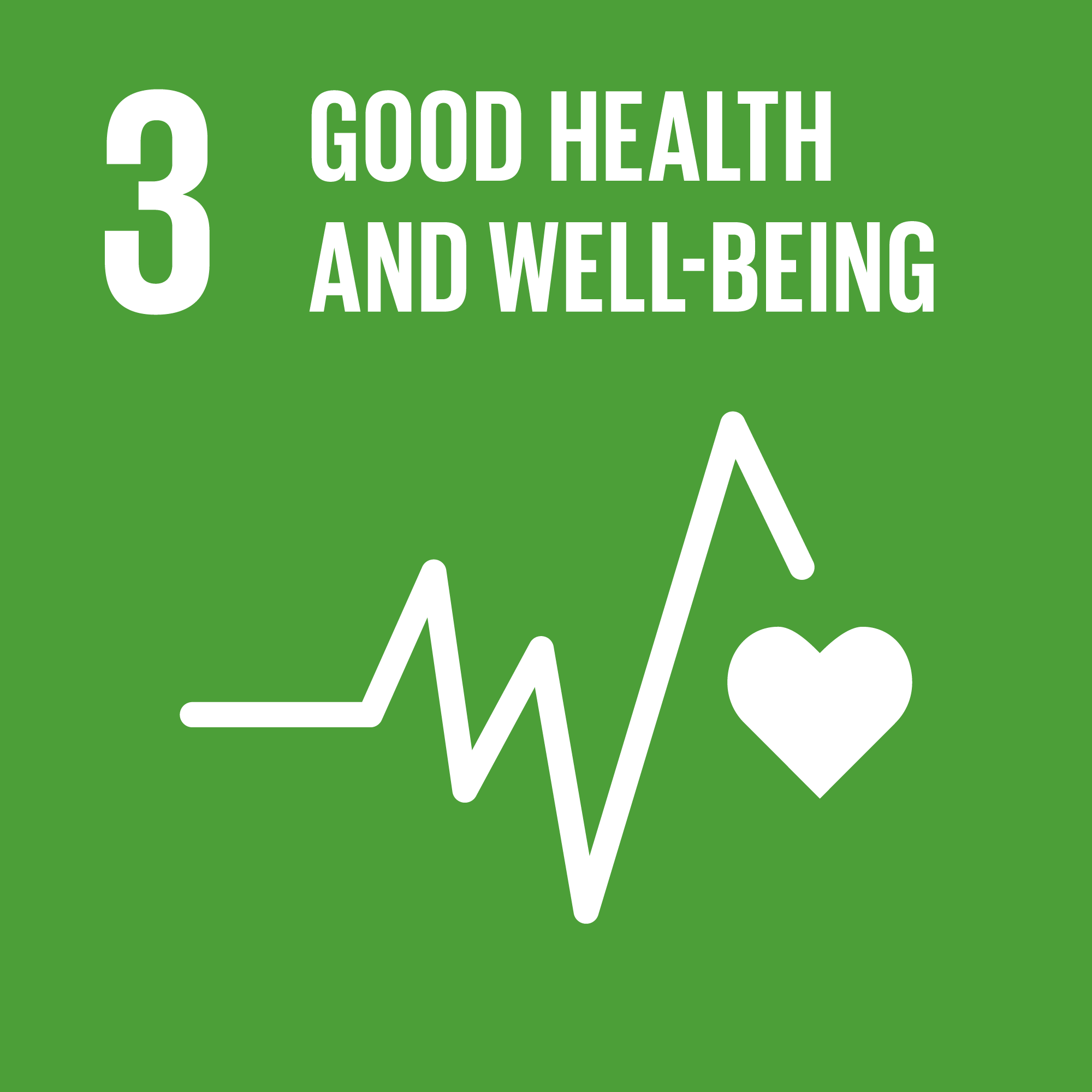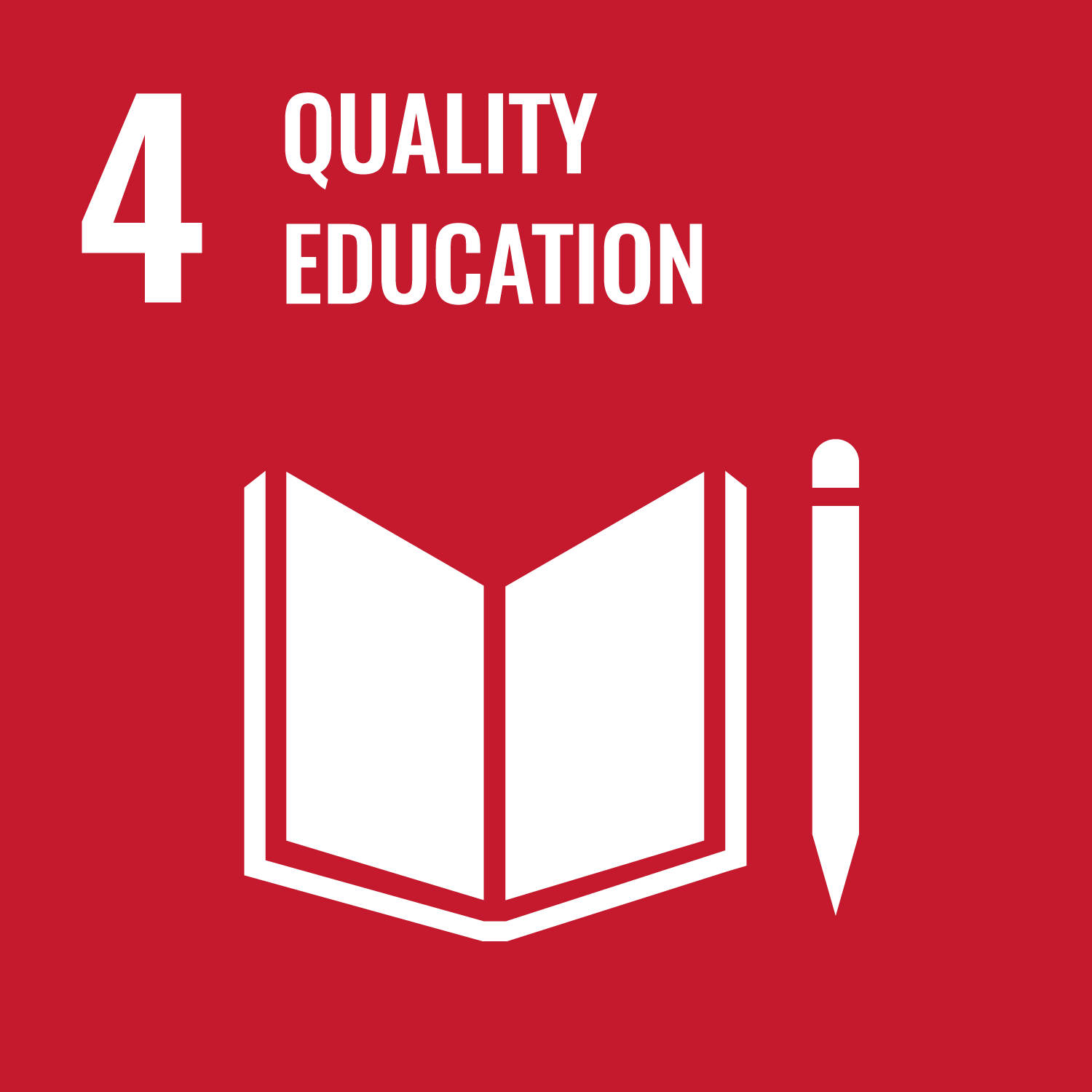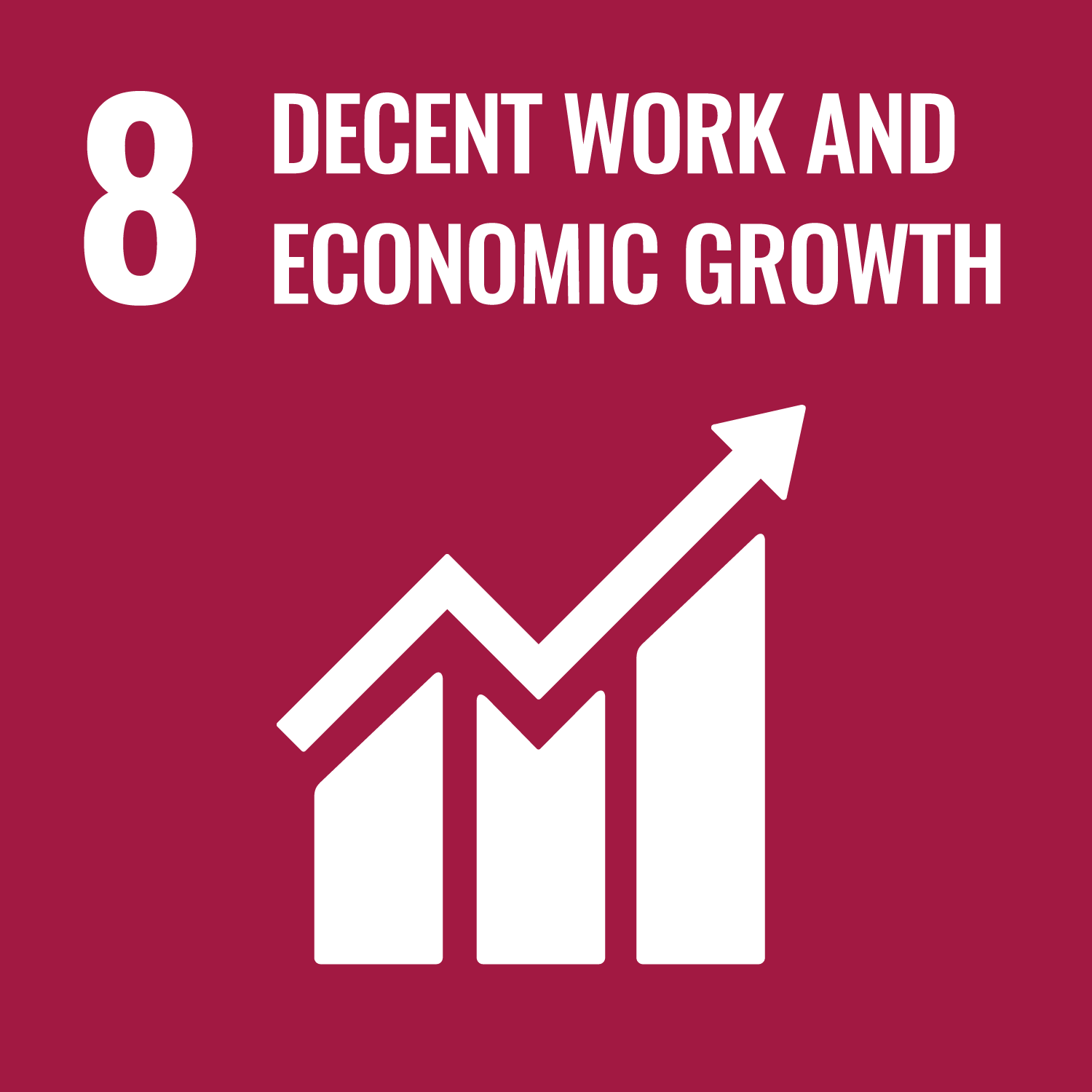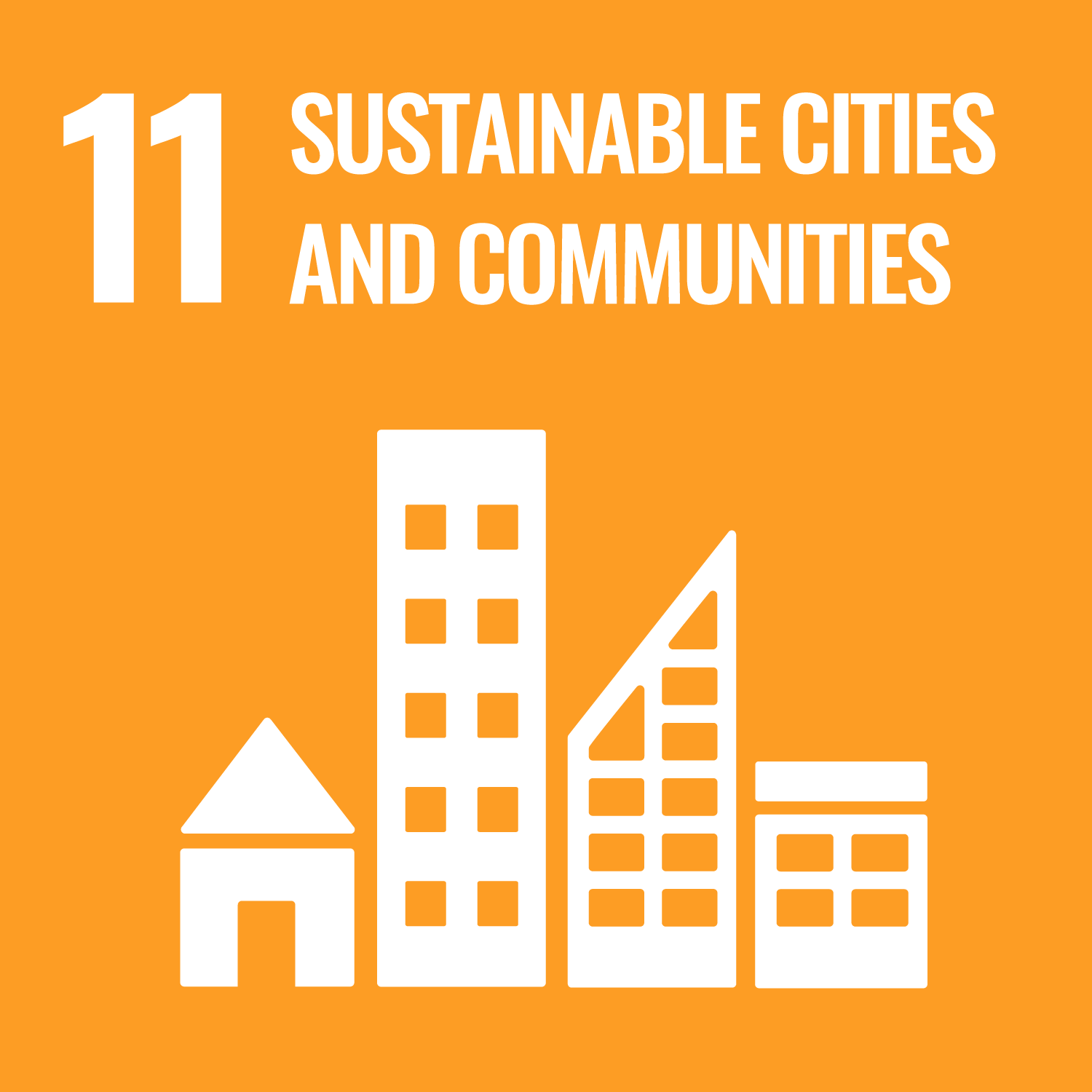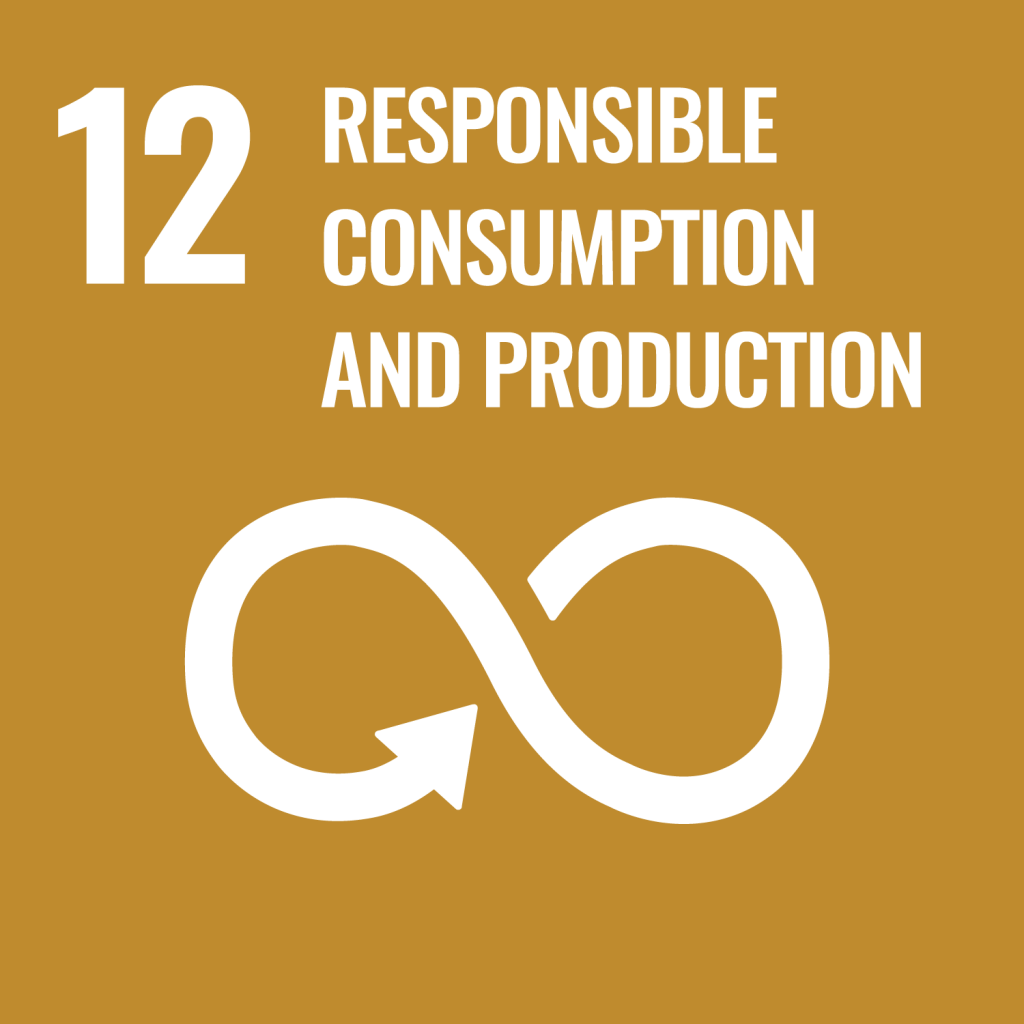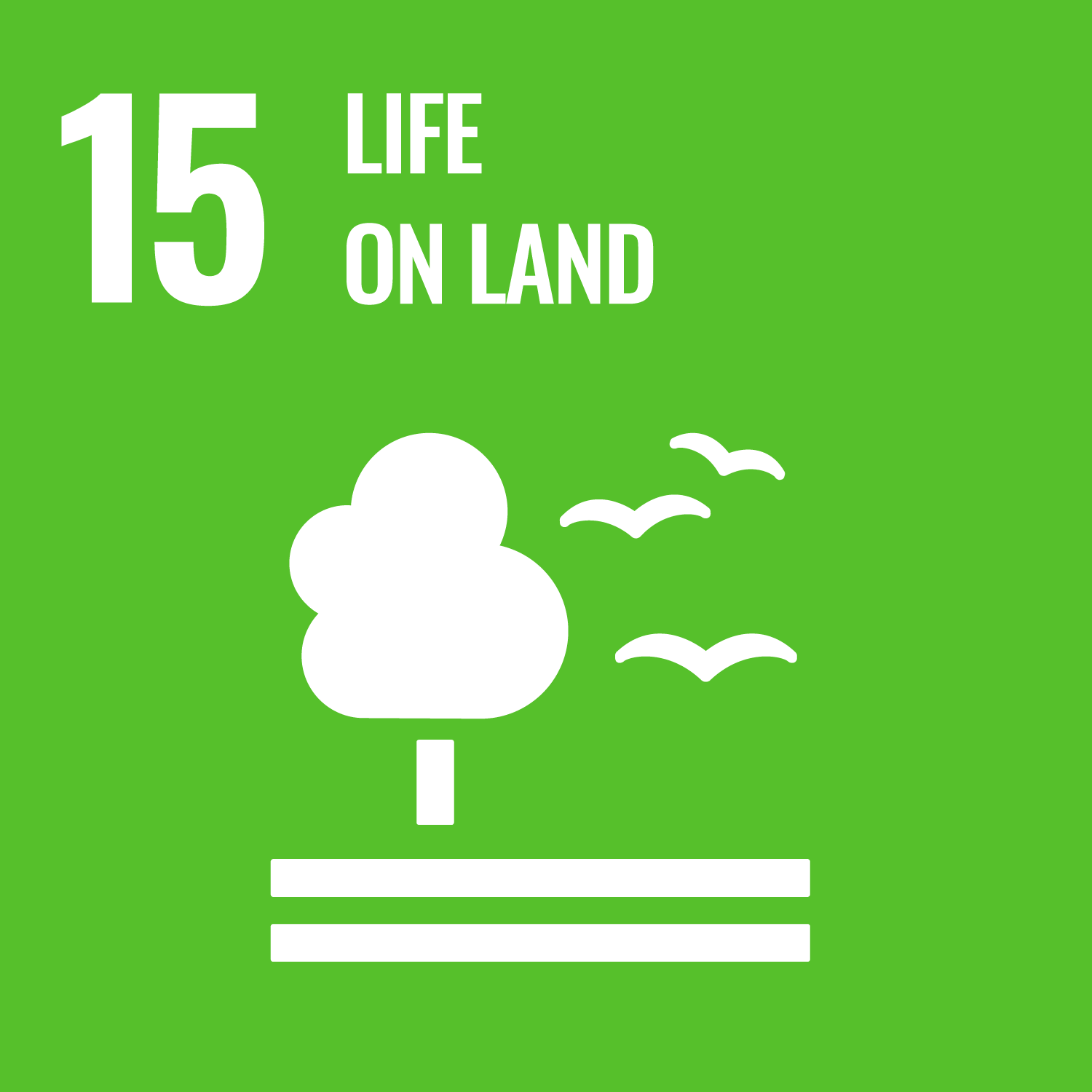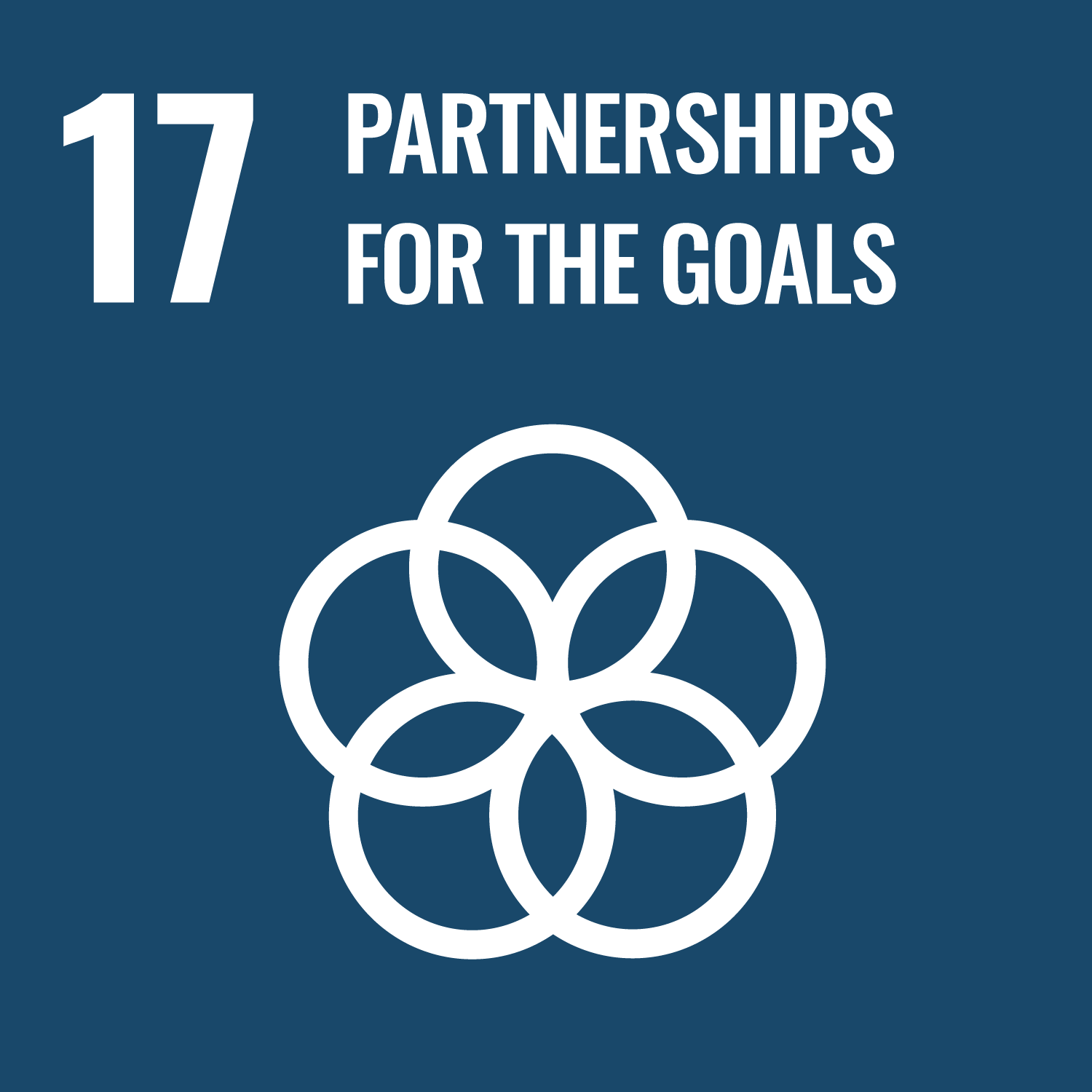Domaine de Graux Food Forest
About the project
Domaine de Graux is a historic estate outside Tournai, Belgium - rooted in its origins dating back to 1492 - now reborn as a vibrant centre for regenerative agroecology and sustainable events. It combines biodiverse farms with an emphasis on soil health, circular food systems, and living ecology.
Backed by The Nest Family Office, and guided by pillars of regenerative production, community engagement, and innovation, Domaine de Graux is a hands-on living laboratory: a place to taste, touch, learn, and experience agroecology in action.
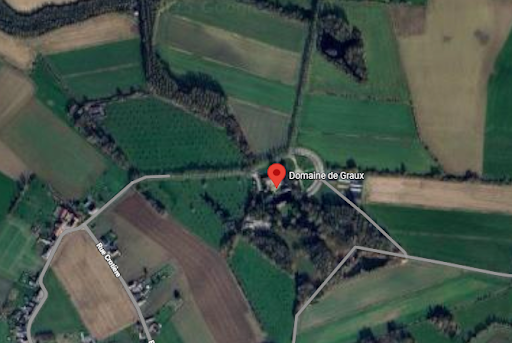
Objective
Turn a pasture land with no tree cover into a one hectare food forest with a mixture of biodiverse and adapted productive tree species, to support local sustainability efforts and help create a natural space with the capacity to produce high-quality organic products.
Impact
By supporting this project you will promote a productive forest cover in pasture land, directly contributing to the maximisation of ecosystem services in the area. Soil quality and water infiltration will be enhanced, biodiversity will be boosted, carbon will be stored and fixed for decades and landscape values will increase, all of this while supporting an agro system that will produce high-quality organic and local food. Furthermore, by involving local communities and local schools, you will provide an opportunity for environmental education to happen.
How do we measure this impact?
Number of trees planted
Number of hectares restored
Tons of CO2 eq absorbed**
Community members involved
Students involved
Supporting this project means supporting the following Sustainable Development Goals:
Carbon Dioxide Offsetting Estimate
This one hectare project is estimated to absorb 200-400 ton CO2eq/hectare.
In total, an estimate of 200-400 tons CO2 equivalent will be absorbed in a 40-year period.
If you are interested in this project, reach out at:
